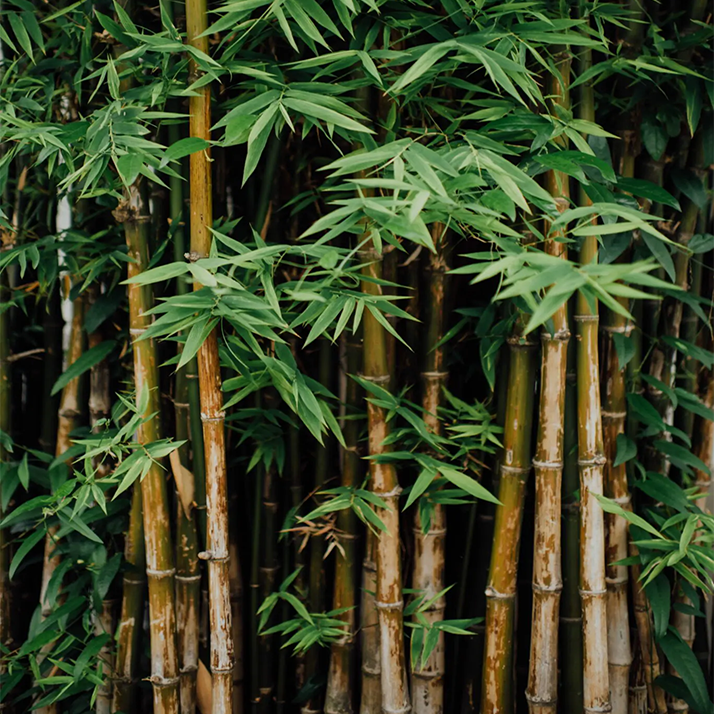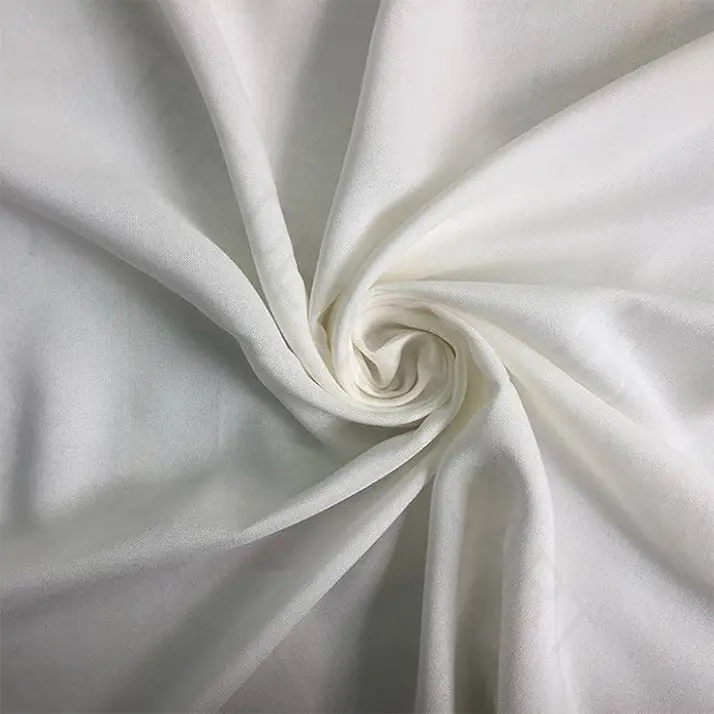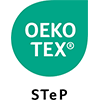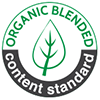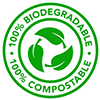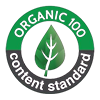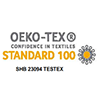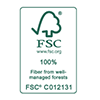Why bamboo
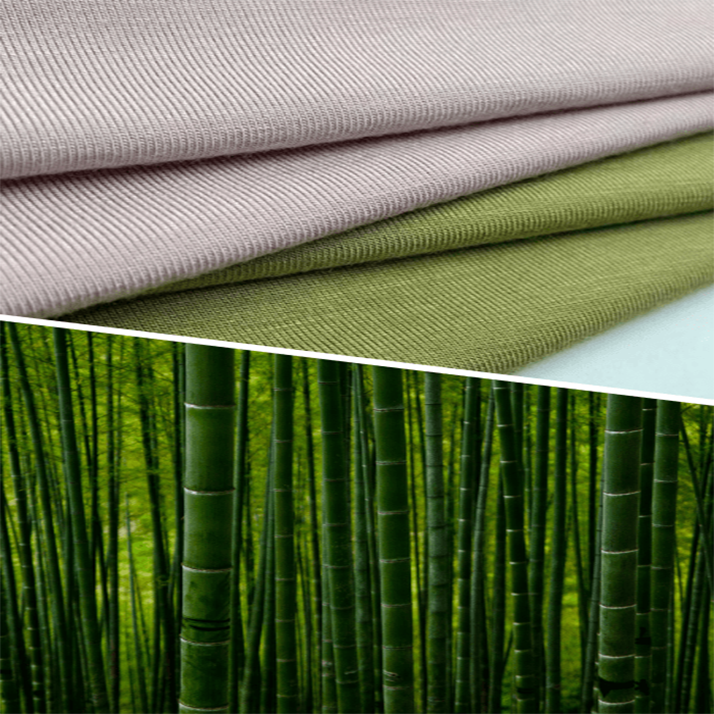
The Remarkable Properties of Bamboo Rayon
Bamboo rayon is rapidly gaining popularity among both traditional and environmentally conscious designers and consumers — and for good reason. It combines natural performance, luxury, and sustainability in a single textile solution.
Luxurious Feel with Practical Benefits
Bamboo fabric has a natural sheen and silky softness that rivals silk in appearance and comfort, yet it is significantly more durable and affordable. It drapes beautifully and is easy to care for — machine washable and dryer-friendly, making it ideal for everyday wear and use.
Thanks to the smooth, round structure of bamboo fibres, the fabric is exceptionally soft, breathable, and non-irritating, even for those with sensitive skin. It is also considered hypoallergenic, offering a gentle and comfortable option for a wide range of users. In rare cases, chemical sensitivities may occur, though these are more likely due to additives used in manufacturing, not the bamboo itself.
Natural Antibacterial & Odour Resistance
One of bamboo rayon’s most impressive features is its natural antibacterial and antifungal properties. These benefits are attributed to a unique bio-agent found in bamboo plants known as “bamboo kun” (or kunh), which resists the growth of odor-causing bacteria. As a result, bamboo fabrics stay fresher longer and are naturally more hygienic.
Superior Moisture Management & Comfort
Bamboo fabric is highly absorbent, wicking moisture away from the body three to four times faster than cotton. In warm, humid conditions, this means cooler, drier, and more comfortable clothing that won’t cling to the skin. The breathable structure of bamboo fibres also supports thermal regulation, making it a versatile fabric for all seasons.
Sustainable by Nature
Bamboo is not only beneficial in its end use — it is a highly renewable, eco-friendly resource with minimal environmental impact:
Bamboo is an exceptionally sustainable and environmentally friendly resource, making it ideal for eco-conscious textile production. It grows rapidly and regenerates naturally without the use of pesticides, herbicides, or synthetic fertilizers. Bamboo thrives with minimal human intervention, requiring no intensive farming or heavy machinery, which helps lower carbon emissions and preserve natural ecosystems. Its deep root system plays a vital role in preventing soil erosion, improving soil health, and retaining water in surrounding environments. As a powerful agent of carbon sequestration, bamboo absorbs up to five times more CO₂ and releases 35% more oxygen than equivalent areas of trees, helping combat climate change. Furthermore, both mechanically and chemically processed bamboo fabrics are 100% biodegradable, breaking down without releasing harmful byproducts like methane. Importantly, there are no genetically modified variants of bamboo in use today, maintaining its status as a truly natural and sustainable crop.To ensure that the environmental benefits extend through the entire supply chain, eco-certifications such as Oeko-Tex® are essential, verifying that no harmful substances are used during manufacturing and finishing.
